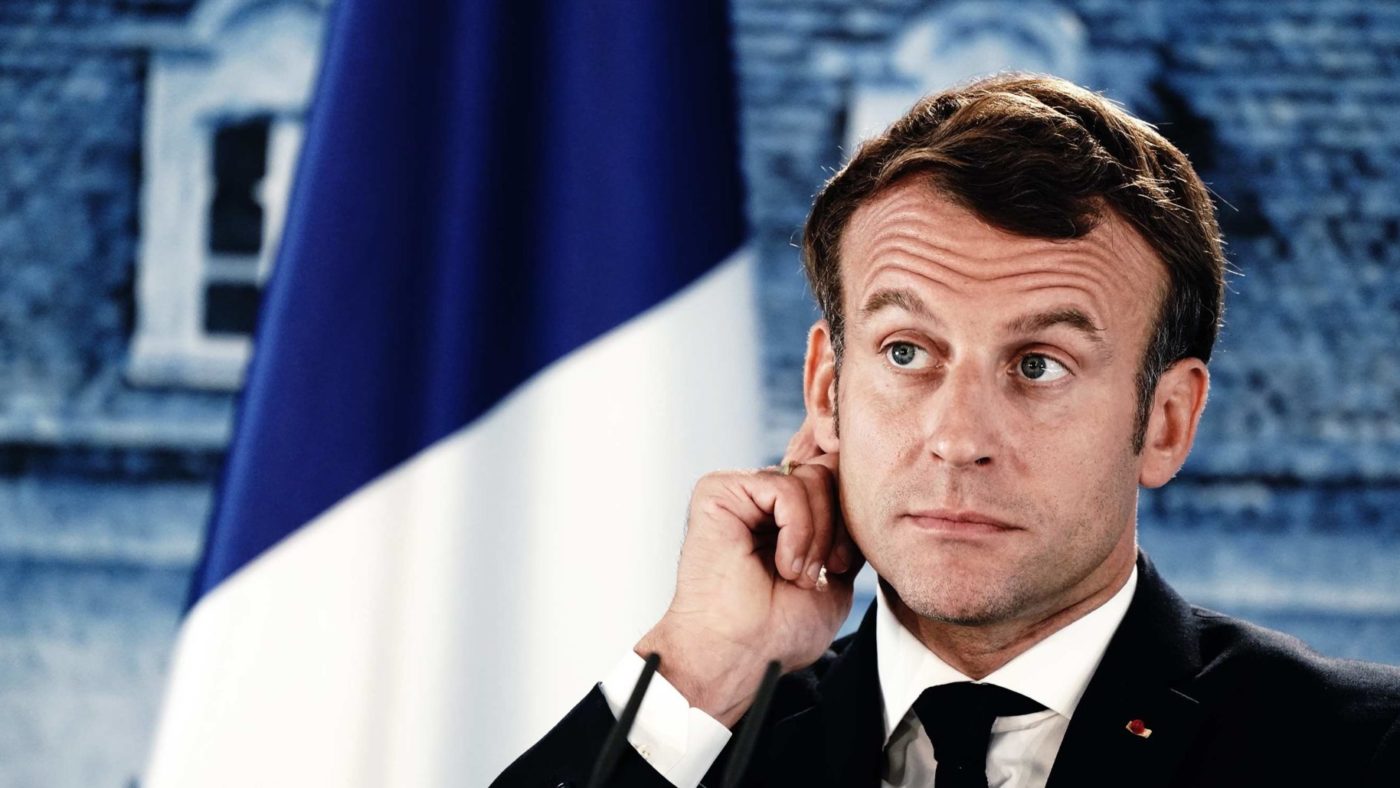With Emmanuel Macron’s party performing dismally in Sunday’s French municipal elections, it looks as if the rest of the world has finally cottoned on to a fact we have known here since the gilets jaunes revolt: our charismatic young president, lionised by the international press, is seriously unpopular at home. So much that his re-election two years from now is far from certain.
Granted, when your “party” is really a four-year-old insta-grassroots movement, local elections magnify your weaknesses. The grandly-named La République En Marche (The Republic On The March, or LREM) had perforce almost no incumbents. The ones it had crashed and burned, like the former Socialist Lyon Mayor of 40 years, Gérard Collomb, who’d jumped on the Macron bandwagon in 2016. Collomb, a man who had supposedly brought LREM his “local networks” — which earned him the Home Secretary job in the 2017 Cabinet — saw his lists beaten by an unknown 46-year-old Green candidate, Grégory Doucet, who, allied with a sprinkling of leftwingers, breezed in with a 20-point lead. Doucet’s canter to victory was punctuated with grandiose statements such as “the only political divide I understand is between Earthlings and extra-terrestrials”.
LREM, a party of thirtysomethings, is also a politically amnesiac body in la France profonde. The country outside Paris is a palimpsest where political muscle memory is long. Just as Lib Dem victories in the South West of England make more sense when you’re aware of the old Whig footprint, in France, cities and regions still vote, sometimes unwittingly, along the fault lines and deciding issues of long dead political movements. The South West is still imprinted by the Parti Radical Socialiste, whose heyday was in the 1920s and 1930s. Brittany and the Vendée remember the anti-Catholic massacres of 1793-4 by Robespierre’s Revolutionary armies, and vote accordingly.
In other regions, the shadow of the MRP, the great Christian Democrat party post-war secular France never had, keeps in power Centrists who still send out recognisable dogwhistles to their voters’ cortex memory. None of this resonates with the Macron clones who glided into the National Assembly on their leader’s coattails.
On Monday morning, everyone up to Macron himself was obsessed with the supposed Green Wave, which saw cities like Lyon, Bordeaux and Strasbourg “fall to the EELV”, the French Green party. More accurately, to EELV in coalition with traditional parties. The percentage of the Green vote is hard to assess when the game between the two rounds is to assemble two or three lists from the 15-plus of the first round.
EELV allied themselves with leftwingers mostly, as in Paris; but on occasion also with the traditional conservatives, Les Républicains – as in Aubervilliers, North Paris – or with LREM. Still, in the first round, the green vote hovered at 12.5% – hardly a tsunami. A recent poll on voting intentions in the 2022 presidential elections gave Yannick Jadot, the EELV president, 14% of the vote in the first round. The French Greens are kingmakers, not kings.
Still, Emmanuel Macron, barely twelve hours after his party’s stinging defeat, convened a properly socially-distanced meeting with the 150 members of the Citizens’ Convention on Climate in the Élysée garden — and reporters from every cable news channel.
These lottery-picked worthies had been working for months on 149 proposals to fight climate change, a smorgasbord of ideas ranging from lowering speed limits on France’s motorways by 20km/h (shot down by Macron today as the kind of thing that triggers the gilets jaunes), to legal recognition of “ecocide” as a crime; compulsory upgrading of “energy sink buildings” including private homes; prohibiting most domestic airline flights and the construction of new airports; compelling schools and public administration cafeterias to serve organic and local food; lowering the maximum temperature in public buildings to 19C in winter — and taxes, many, many taxes. Macron shot down one of those: a 4% levy on company dividends “because we want to encourage investment in a time of recession”. The rest, spread along a five-year timeframe, include taxing “superprocessed” food like TV dinners and fast food, restoring the wealth tax half abolished by Macron in 2017, taxing polluting cars, heaters, use of nitrogen fertilisers, of plastics…
The two years separating us from the 2022 presidential election will tell which of these measures pass muster and which die quietly when the country, faced with the reality of a brutal recession, recants at leisure. Right now, the president — whose lectern Monday morning bore the words he told Donald Trump in Washington when trying unsuccessfully to prevent the United States from leaving the Paris Climate Accord, “Make our Planet Great Again”, en anglais — believes that going green is a vote-getter. This may not be as sure as it looks today.
Click here to subscribe to our daily briefing – the best pieces from CapX and across the web.
CapX depends on the generosity of its readers. If you value what we do, please consider making a donation.


